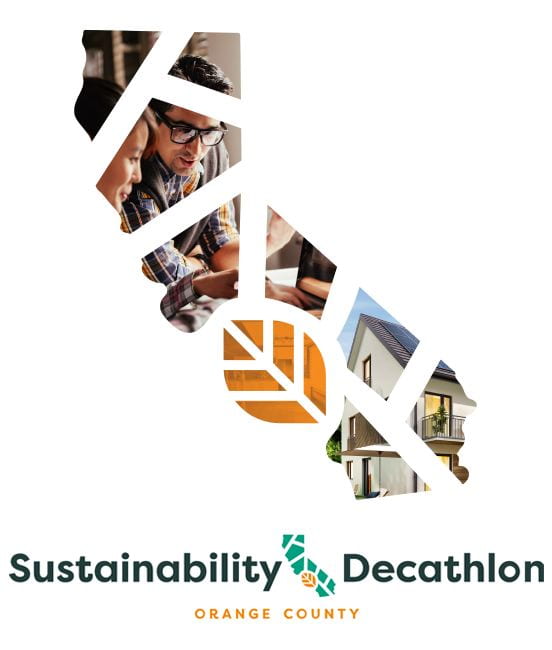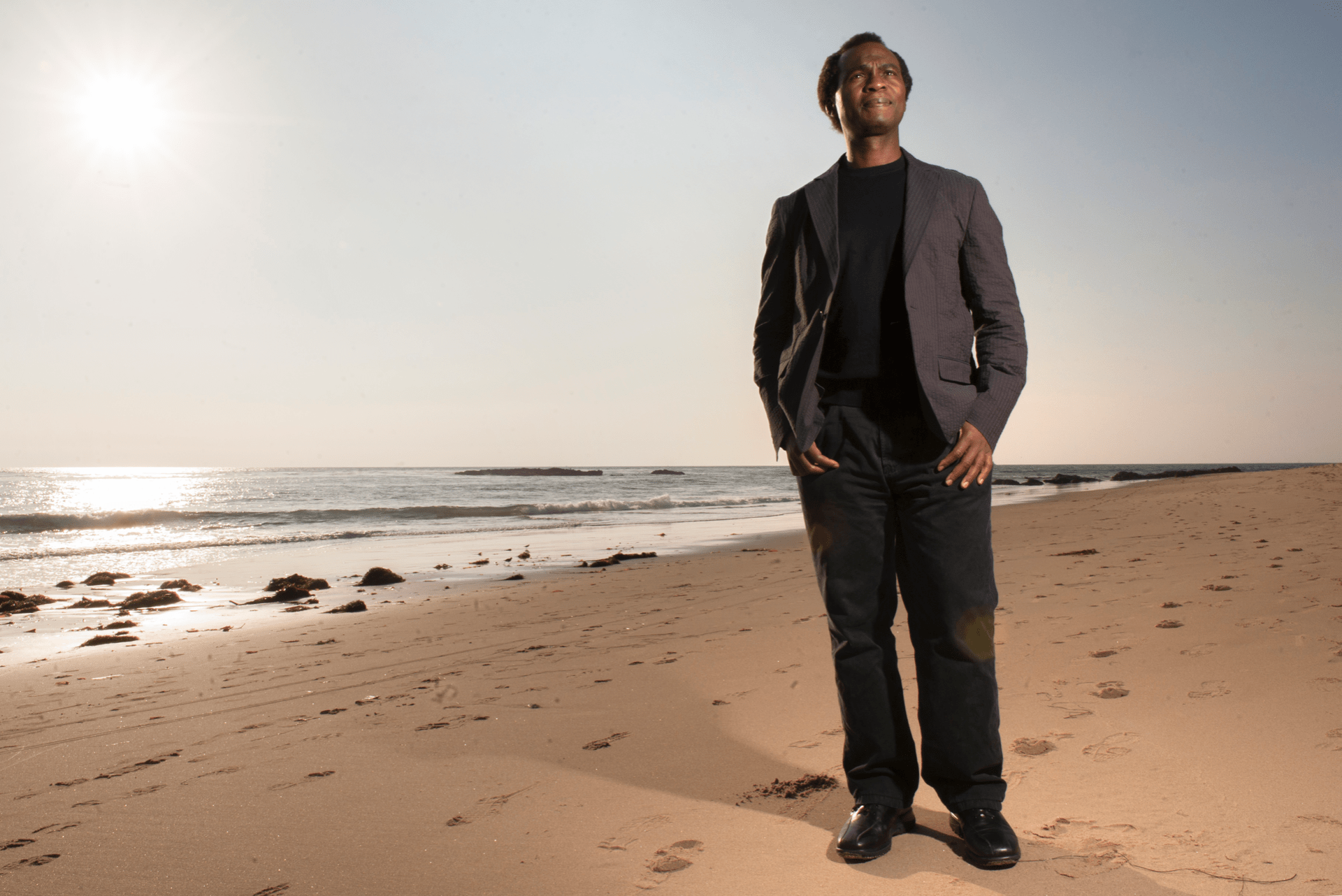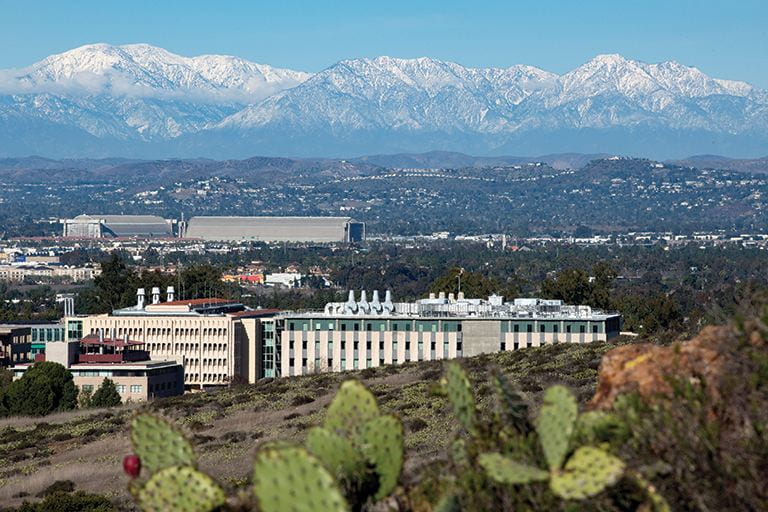Two UCI teams to participate in Orange County Sustainability Decathlon 2023
Competition challenges engineers to design and build net-zero carbon energy buildings

July 6, 2022 – Two engineering groups from the University of California, Irvine – one in partnership with Orange Coast Community College and one from the UCI Department of Civil and Environmental Engineering – are among the 18 teams chosen to enter the Orange County Sustainability Decathlon 2023.
The OCSD23 is a collegiate competition that challenges multidisciplinary teams from architecture and engineering schools to design, build and display innovative, net-zero energy buildings with sustainable materials and state-of-the-art technology. Teams have 17 months to produce their homes, which will then be showcased at the OC Fairgrounds in October of 2023. The houses will be judged in 10 categories related to sustainability, design, efficiency, comfort and communications/marketing.
A grant from the state of California is funding the competition, and each selected team receives $100,000 seed money to begin its project. Participants will then have to fundraise much more to build their dream designs. In addition to the two teams from UCI, others selected include California State Universities of Fullerton, Long Beach and Northridge; Loyola Marymount University; UC Riverside, UC San Diego and UC Santa Cruz; Rancho Cielo Construction Academy in Salinas; as well as universities in Washington state, Arizona, Tennessee, Utah, Virginia, the U.K. and China. The public will be invited to view the collection of affordable, market-ready homes once they are completed.
Both UCI teams will engage undergraduate and graduate students and involve industry partnerships.
The UCI/OCC team is developing an efficient modular affordable dwelling unit (ADU) design that will fit into the backyard lots of the largely suburban fabric of Orange County, provide affordable housing that is energy independent and net-zero carbon, and promote sustainable lifestyles. Called Team MADE-OC (Modular Affordable Dwellings for the Environment-Orange County), the team leaders are passionate about bringing practical, innovative solutions to all those working and interested in the future of house construction, energy efficiency and sustainability. A key feature of their design is to use a structural steel framing kit to increase affordability and achieve a good design to scale and adapt to community constraints and needs.
“Team MADE is a true partnership between OCC and UCI with both faculty and students who will work together to address the challenges presented by the OCSD23 competition,” said Jennifer Wilkens, UCI executive assistant to the dean, director of special projects and MADE-OC project lead. “Our vision is to serve local communities through affordable, resilient, and sustainable housing solutions that will build equity and provide much needed housing.”
“OCSD23 gives OCC and UCI students the unique opportunity to design and build innovative solutions for their own communities,” said Rose Anne Kings, OCC professor of architectural technology. “The design of the home has been a process of observing and responding to the needs of our own families and designing to enhance health and connections to nature, while performing to a high standard of efficiency with regards to energy, water and materials. It is a meaningful challenge that students are excited to be working on, and we aspire to make OC resilient in the face of heat, drought, fire and the need to build strong neighborhood connectivity.”
The UCI Department of Civil and Environmental Engineering team’s project, titled Design and Construction of an Innovative, Eco-Friendly, Net-Zero Energy Home, focuses on applying a green building system that is energy efficient and environmentally friendly, with emphasis on the use of affordable and recycled sustainable construction materials. The proposed building materials will have efficient thermal and acoustic properties to provide comfort for occupants and reduce energy, water and gas consumption. The home will also use innovative and affordable technologies, including advanced solar panels, heat pumps, biogas, eco-friendly dual-flush toilets, and smart electrical and water fixtures to create a net-zero home that is affordable and requires minimal construction time and labor skills.
“Our strategies for creating energy-efficient model buildings are based on the principles of bioclimatic architecture and will include reducing energy loads, water demand, and selecting building systems that make the most effective use of ambient energy sources and heat sinks, and using efficient equipment and effective control strategies,” said project lead Ayman S. Mosallam, professor of civil and environmental engineering.
OCSD23’s goal is to accelerate the availability of sustainable dwellings that reflect design excellence and energy efficiency. Learn more about the OCSD23 by visiting www.ocsd23.com.


